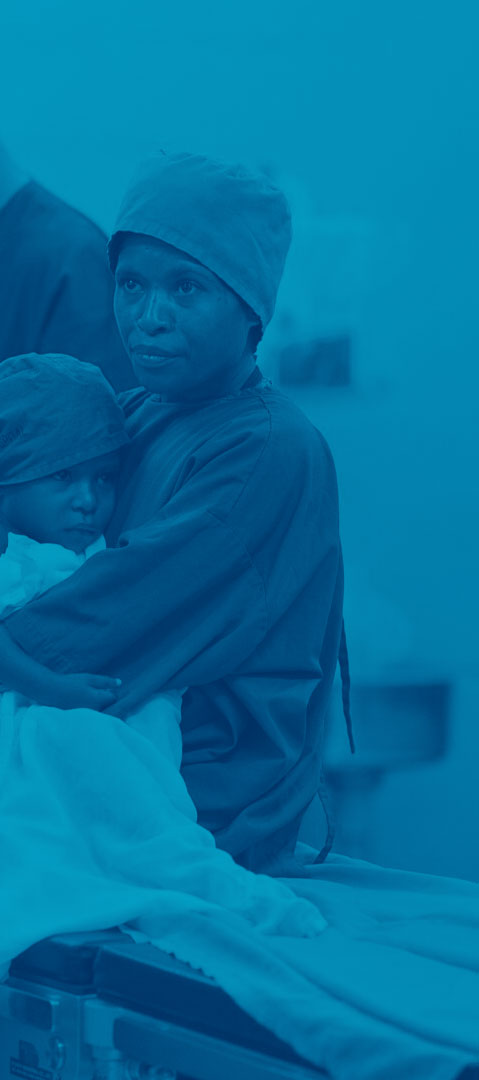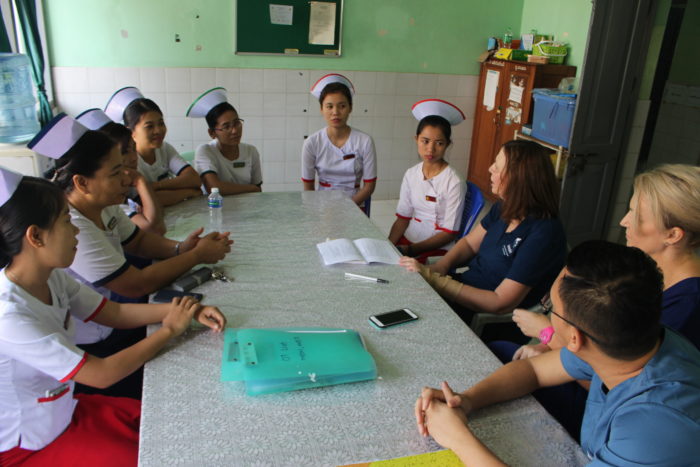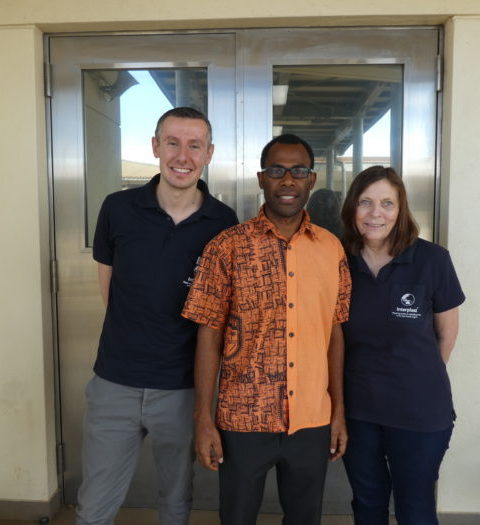Our commitment to Monitoring & Evaluation
Looking at the amazing surgical and training outcomes delivered by our volunteer teams across the Asia Pacific, it is easy to see the impact that our programs have.
As demonstrated through the many stories and statistics featured on this website, as well as the anecdotal evidence we have, from the gratitude of patients who have received life-changing surgery, or the long term mentor-relationships developed between our volunteers and their local counterparts, we are confident we are on track to meet our goals and objectives.
However, as a professional, DFAT and ACFID accredited international development organisation, it is important that Interplast has strong monitoring and evaluation mechanisms in place to assess the success of our programs, and to learn from outcomes to ensure continuous improvement. Interplast has in place a comprehensive framework, which outlines how we approach the monitoring and evaluation of our programs, including the tools we use to capture outputs and outcomes, and how lessons learned from programs delivered are incorporated into future program planning.
For all individual program activities delivered, Interplast teams complete comprehensive reporting on the program and its outcomes, which complement any clinical information captured through patient records, as well as documentation around training participants and topics. Local partners provide feedback on each activity, including local coordinators and trainees completing individual reports, as well as participants of training workshops completing evaluations. Reports are also completed by Interplast’s program coordinators, covering logistical, financial and operational aspects of the activity.
You can read Interplast’s ”Promise 2030: Our 10 Year Pledge to Partner Countries” here.



